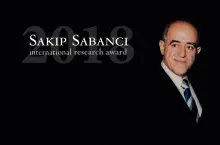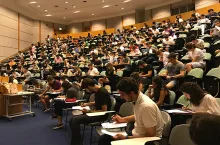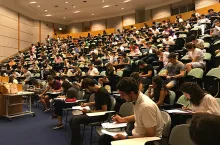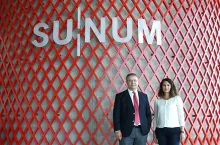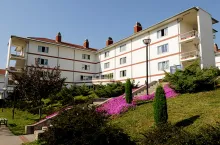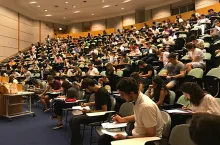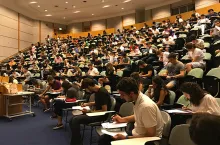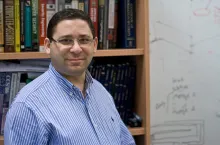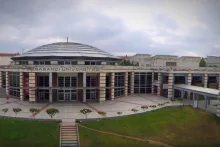12/09/2017
The theme for the 2018 edition of the annual Sakıp Sabancı International Research Awards given by Sabancı University is "Challenges To Democratic Governance And Living Together In Turkey And The World." The deadline for submissions is January 15, 2018.

The Sakıp Sabancı International Research Award involves a Jury Prize that will be awarded to an individual who has made distinguished contributions on the above-mentioned theme. In addition to the Jury Prize, Essay Awards will be given to three researchers under 45 years of age. An independent and international jury will select the Essay Award and Jury Prize awardees.
Award Theme:
More than two decades ago, Zbigniew Brzezinski alerted us to a “global turmoil,” steadily stifling the international society’s, and especially the West’s ability to respond to major global challenges. Since then, the West has been in the grip of the multiple crises of globalization, manifested by a myriad of unprecedented and effective security, economic, humanitarian and environmental challenges. While existing democracies have failed to tackle effectively the multiple crises of globalization, a wave of populist movements have begun to shape and frame politics and governance in not only Western democracies, but also in developing countries. These movements, either in government or in opposition, feed on challenges to democracy such as the democratic disconnect between economy and politics, refugee flows and the failures of multiculturalism. Essays providing path-breaking and innovative analyses on these and similar challenges to democratic governance and living together, their causes and impacts, as well as the movements which they foster and the alternative solutions which can be sought are welcome.
About the Sakıp Sabancı International Research Award:
- • All entries, which may be coauthored, must be new and original works, not published previously in any form.
- • Essays must be of the format and size of a regular academic journal article (25 to 35 pages, in double-space format, including references).
- • An abstract of 500 words embedded into the original essay and a short CV of the author(s) are required.
- • Entries must be submitted in English, in the form of a Word document to the following address: award.sabanciuniv.edu
- • Essay Awards will be given to three researchers under 45 years of age. This category includes 10,000 USD for each of the three award-winning essays selected by an independent and international jury from among submitted essays.
- • The Sakıp Sabancı International Research Award involves a Jury Prize of USD 25,000 that will be awarded to an individual who has made distinguished contributions on the above-mentioned theme. The same jury will select the Jury Prize awardee.
- • More information: award.sabanciuniv.edu

